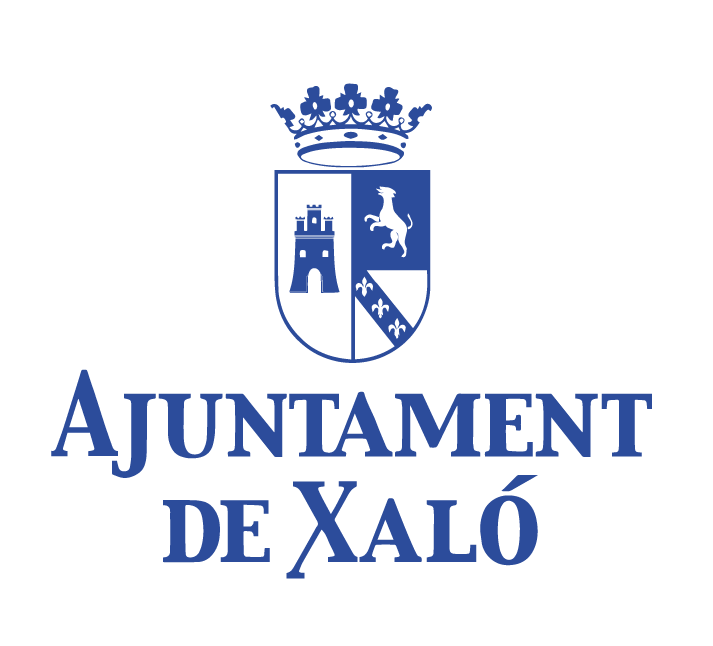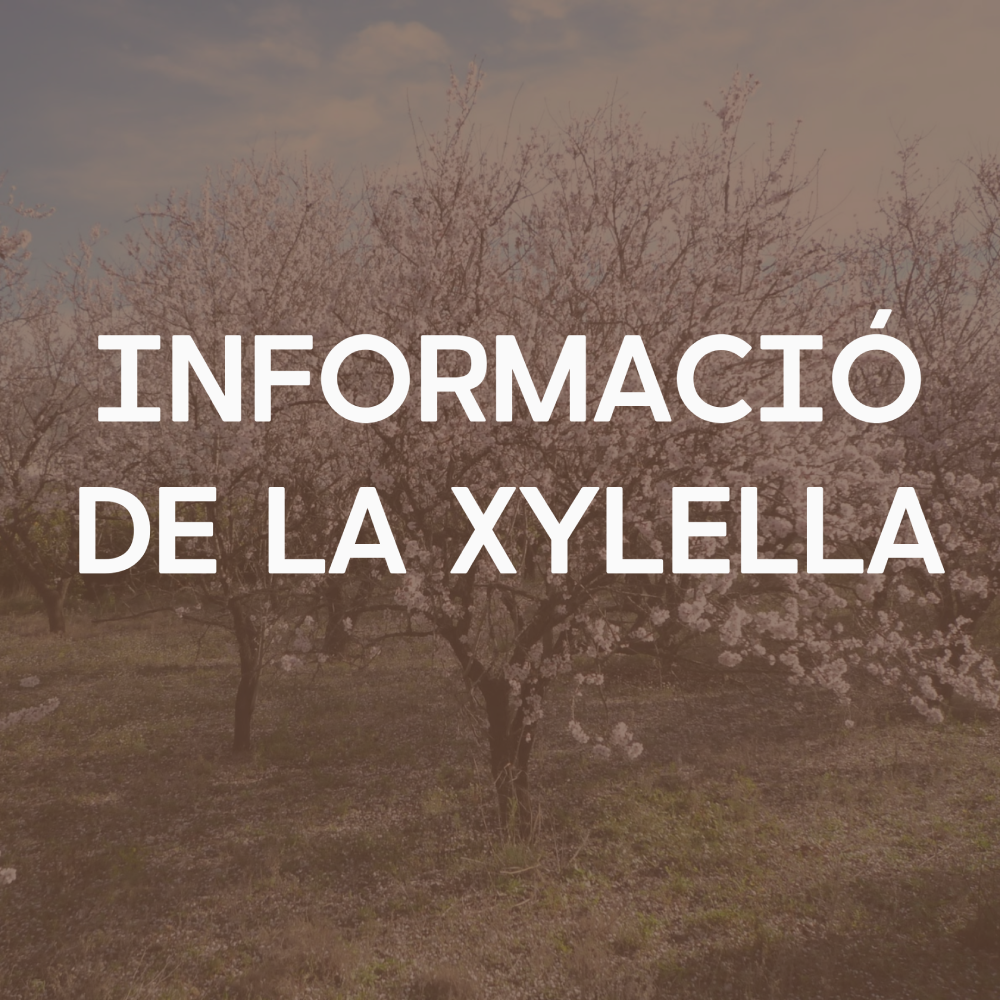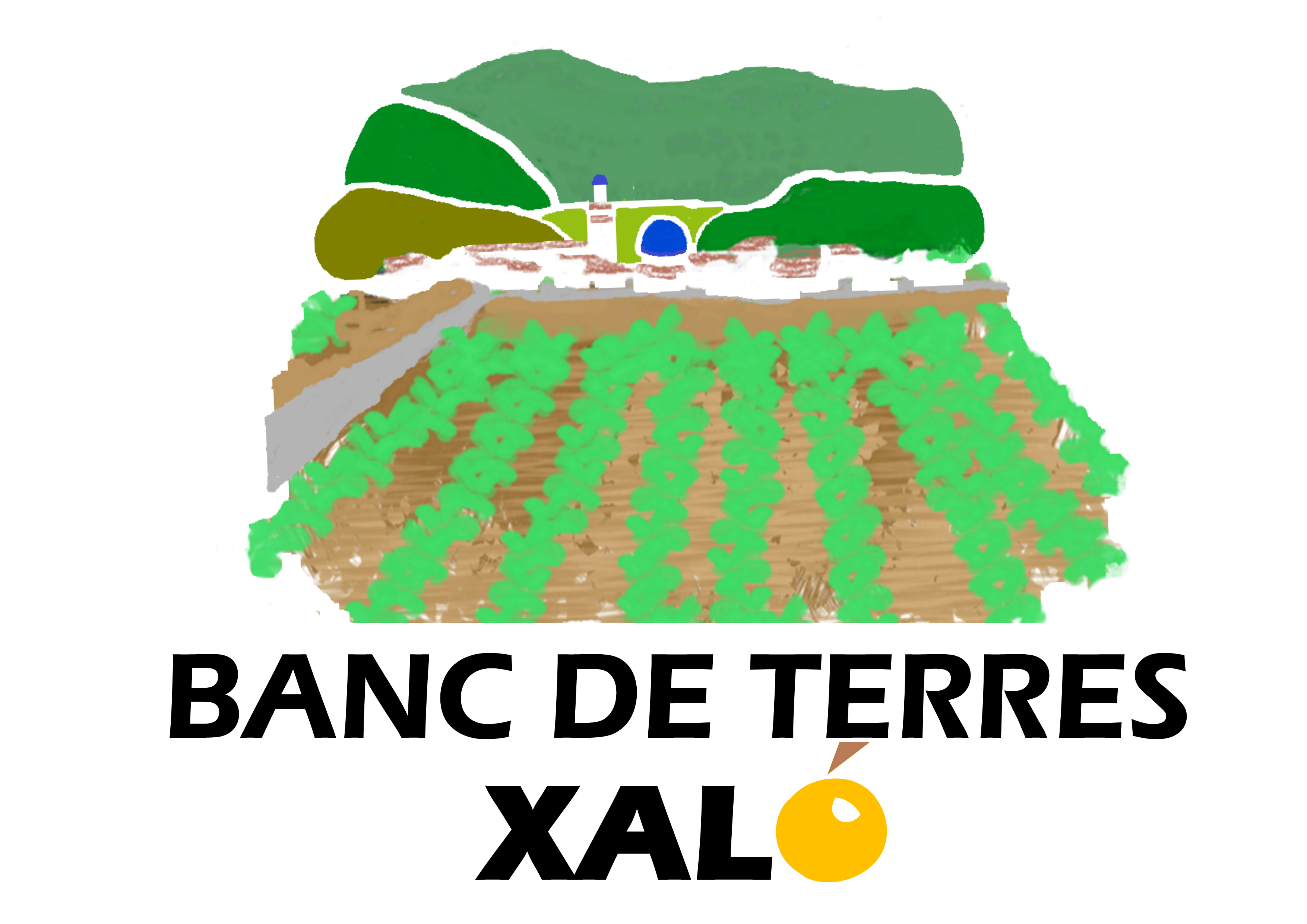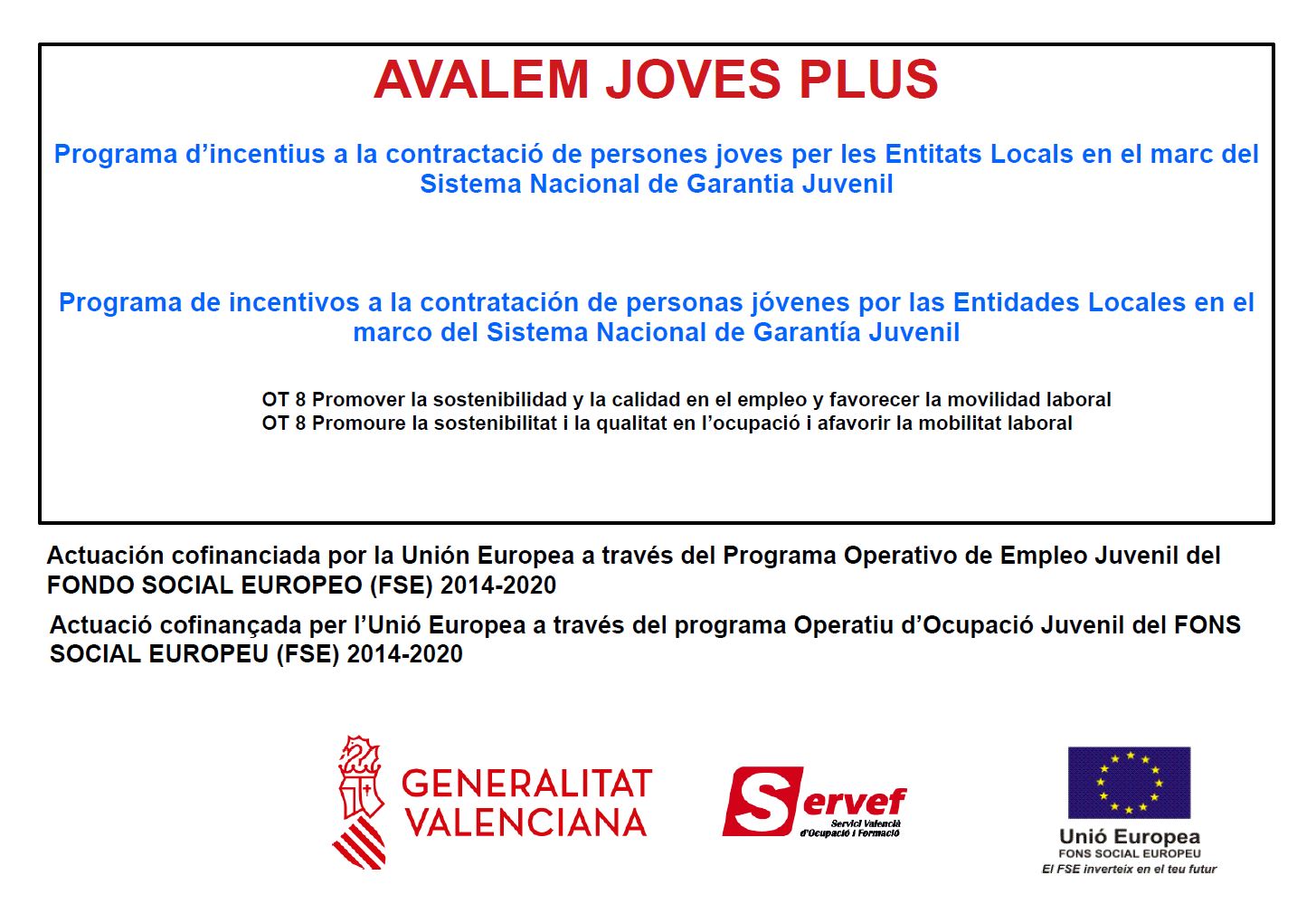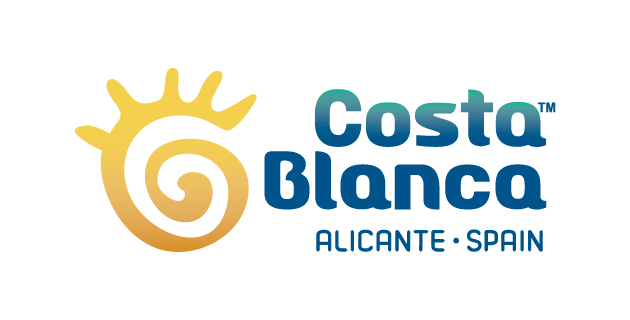Information on the coronavirus crisis: what can small to medium businesses and self-employed people do when they have either had to stop activity because of the alarm situation or have seen their turnover reduced by 75%:
– Employment contracts.
Employment contracts may be suspended. The decree establishes a series of guarantees in which staff receive unemployment benefit (not counted as unemployment time consumed), even if they have already exhausted it, or if they were not entitled to it because of the time contributed.
– ERTE application.
The application for ERTE is facilitated for employers and will be treated as ‘Events out of one’s control’. Therefore, employers do not need to process it with workers. This can be applied for within a maximum total period of 7 days. Small and medium businesses will not have to pay for the social security of the workers affected as long as the ERTE lasts. These measures mean that the worker will have to keep their job for a minimum of 6 months after the date on which the job is reactivated.
– Stop being autónomo.
You can also request the cessation of activity, which implies the non-payment of the self-employement fee.
– Additional benefit.
It establishes the possibility of an additional benefit for cessation of activity that will reach up to 70% of the listed regulatory base, and that will last until the alarm state is extended. That is to say, a benefit directly to the self-employed person, provided that their activity is directly suspended by decree 463/2020 or that they register the reduction of the turnover by at least 75% compared to the previous semester. Social Security contributions do not have to be paid during the period of the duration of the benefit.
– Mortgage deferment.
Mortgage deferral may be granted to employers in cases of low family income or reduced sales by 40%.
– State guarantees.
Guarantees are established as companies can access loans from the private banking sector.
– Agricultural appropriations.
Agricultural operations with credits for the 2017 drought situation may apply to the ACA for an additional year to pay for them.
